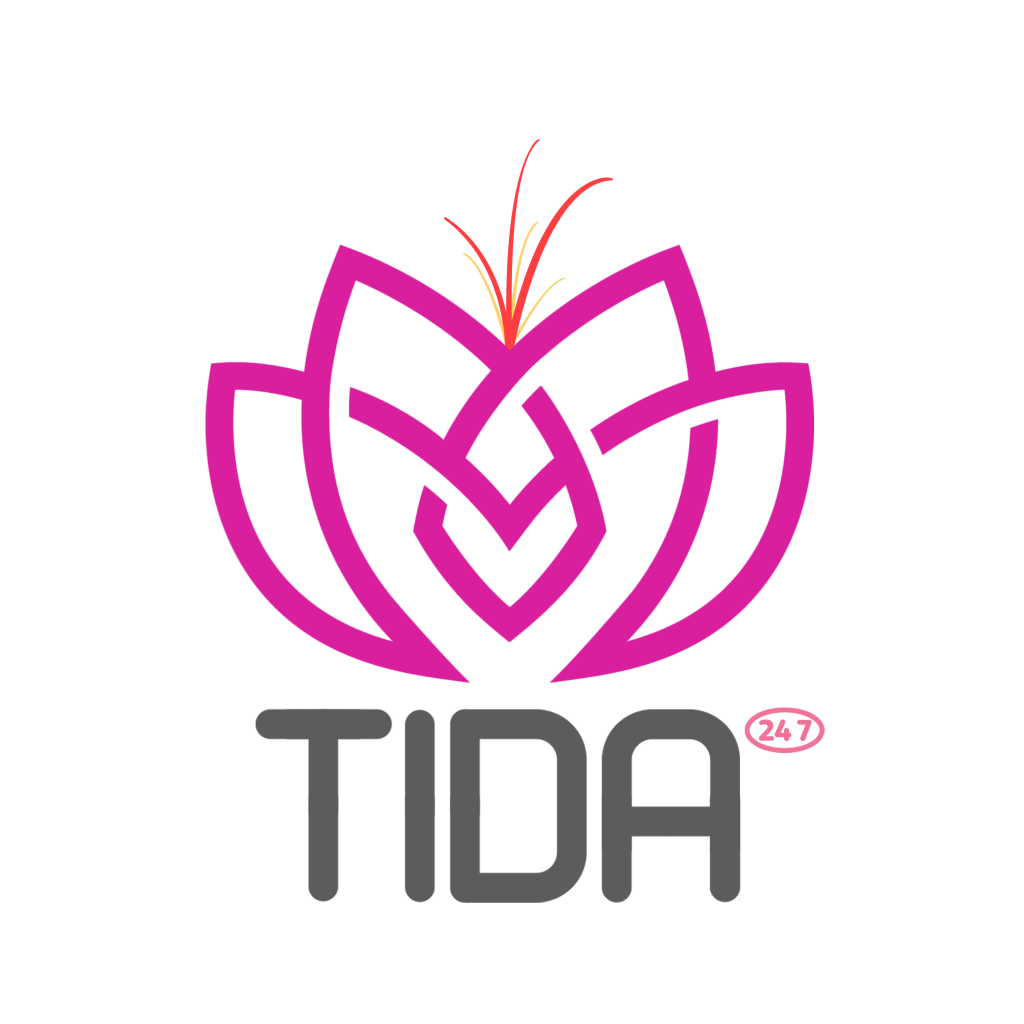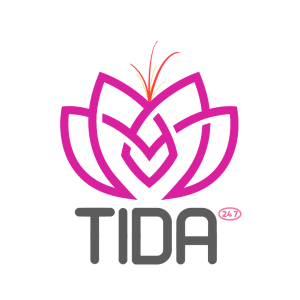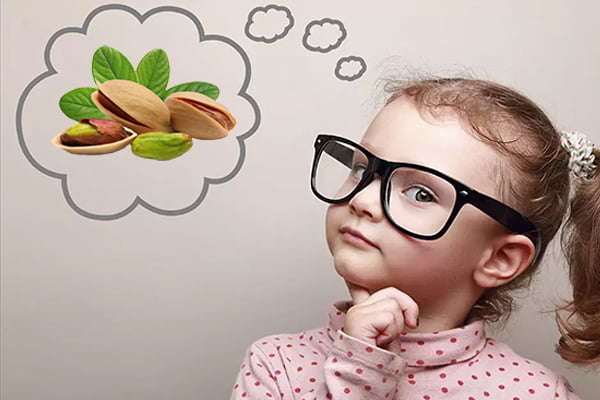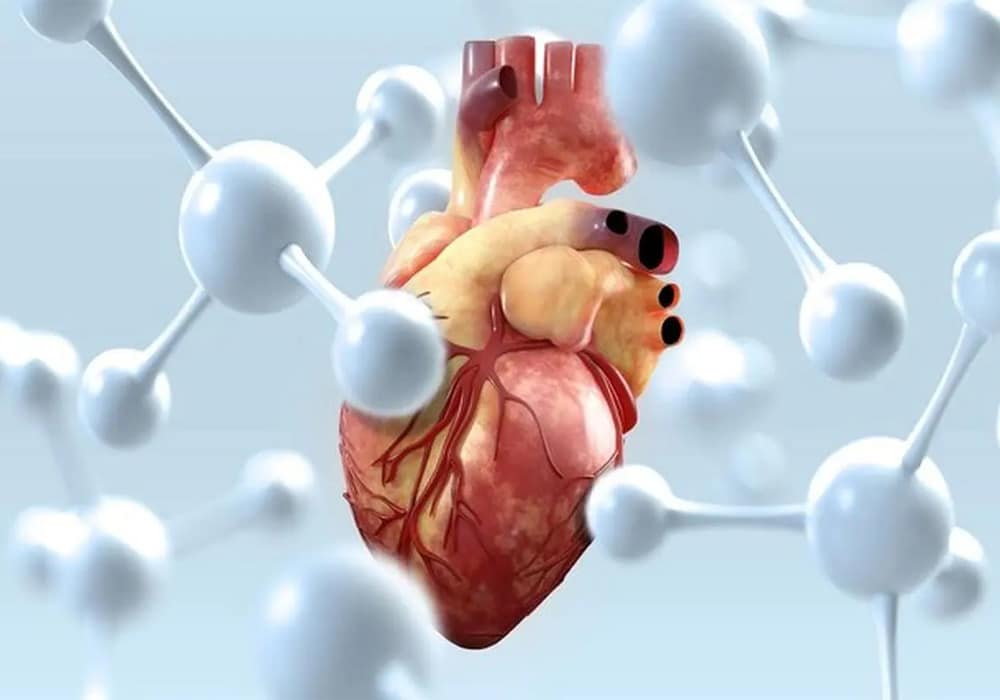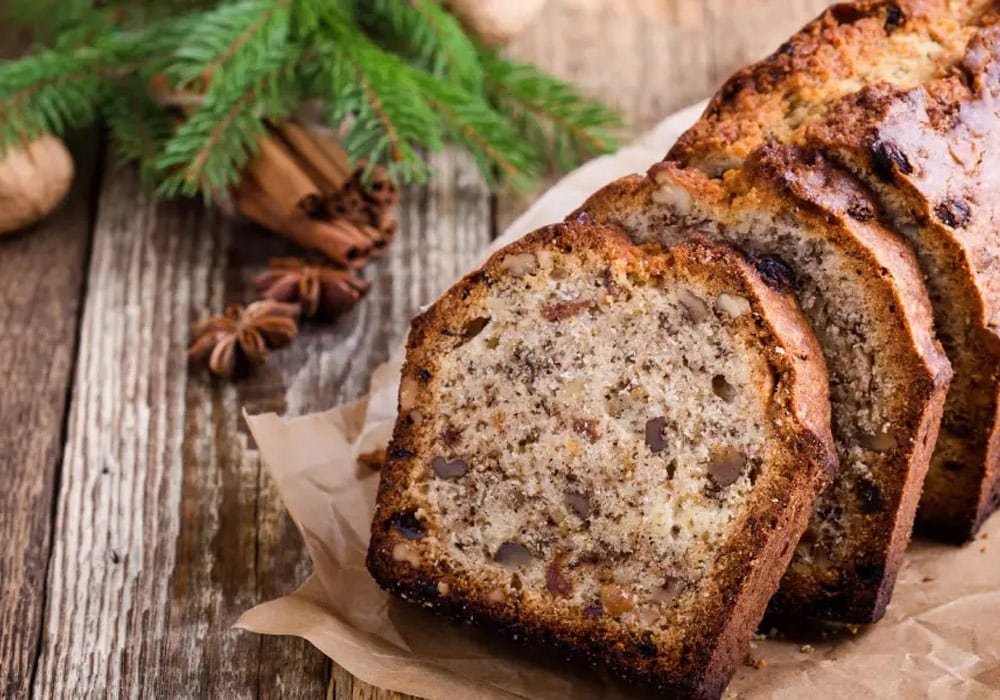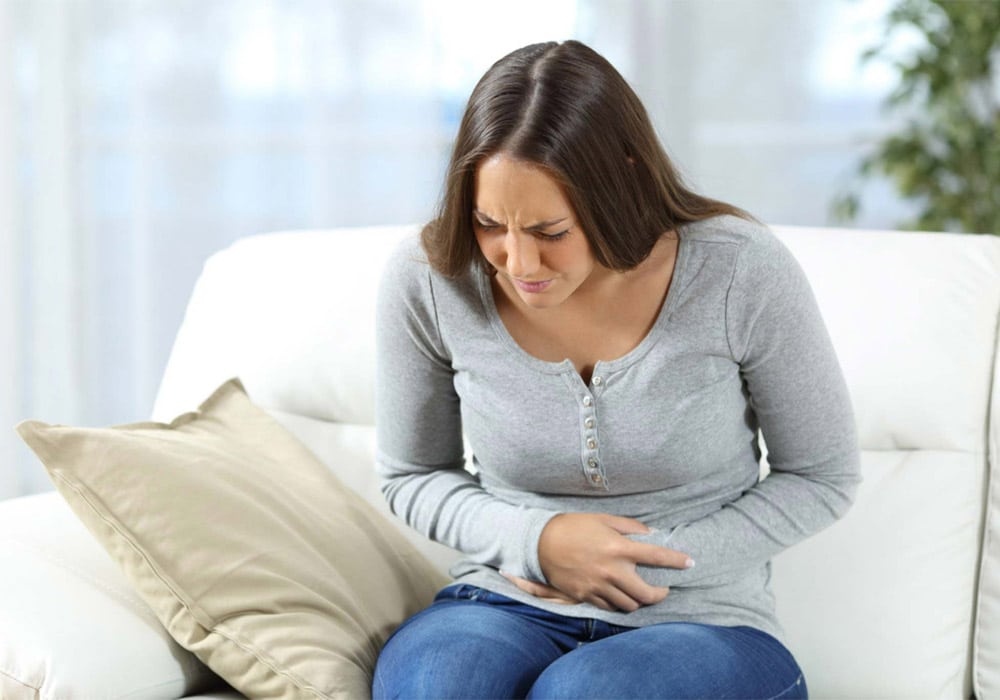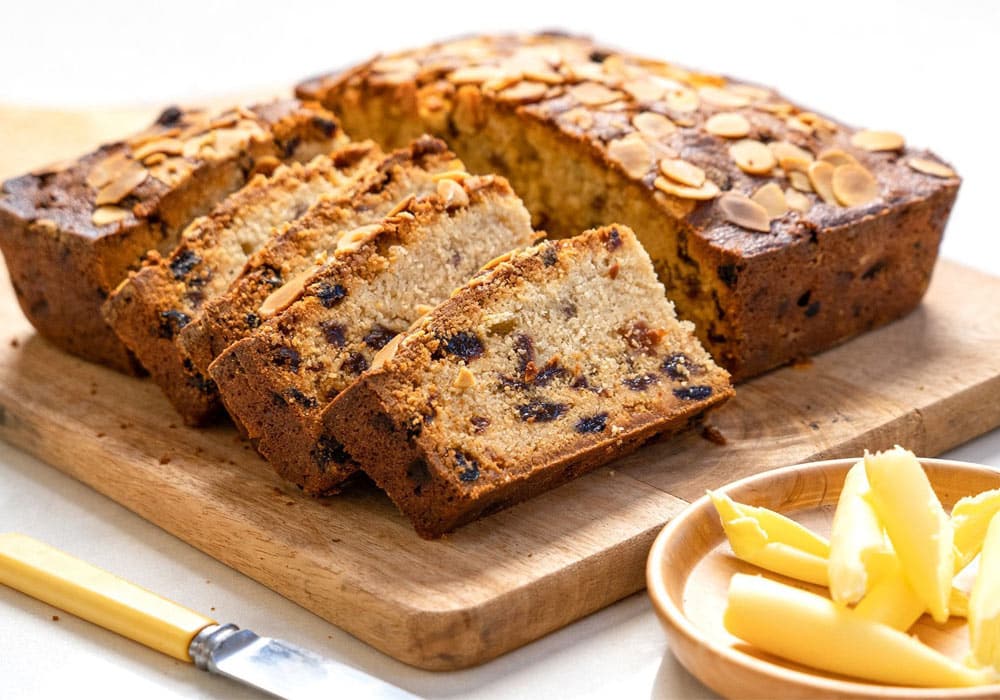Pistachios are primarily eaten by children because of their flavor and properties, and they know nothing about their benefits. Many properties are associated with pistachios, one of the most popular and delicious nuts. Learn more about the remarkable health benefits that pistachios provide for children at the end of this article.
It is a warm and dry climate that is conducive to the growth of pistachios. A variety of vitamins, minerals, proteins and essential fatty acids are present in it, providing many of the body’s requirements.
Phytates in pistachios are so high that they can be used to replace both meat and legumes. Children’s muscles and tissues can be very effectively developed by this therapy. In addition to strengthening the bones and teeth of your child, pistachios are also helpful for anemia due to their iron and calcium content. Omega-3 in pistachios is also beneficial to a child’s brain development, making it a great snack for you and your kids. The intake of pistachios by a child before one year of age is not recommended because of the possibility of sensitivity or allergy (rare), but after one year of age there is no problem.
Why is it mandatory for children to eat pistachios?
✔ There are many benefits to eating pistachios, including their fatty acid content, their protein content, and the calcium they contain. Pistachios are also good for children’s teeth and bones, as well as their heart health.
✔ Children who cough and have diarrhea can benefit from pistachios, which also strengthen the stomach and relieve coughs. Children can benefit from eating pistachios because they provide energy, strengthen their immune system, and strengthen hair and nails due to zinc in them.
Additionally, pistachios have antioxidant properties that make them useful for absorbing iron.
At what age is it better to introduce a child to pistachios?
Although pistachios have many nutritional benefits for children, they react differently to them as mentioned previously. It is okay to feed pistachios to the baby if they do not have an allergic reaction to them. Pistachios themselves will not harm the baby directly, but they may have an allergic reaction to them.
In the early stages of solid food consumption, the best time to give pistachios to a baby is when it begins to eat solid foods. Pistachios should be given to the child powdered or chopped in this stage so as not to disturb his digestion.
Why is pistachio a complete food?
It is highly recommended for children to eat pistachios because they contain fatty acids and vitamins E, which prevent premature aging and make the skin glow.
It is recommended to consume more pistachios if your child has soft or fragile hair. Give the child pistachios to thicken thin hair because they are a source of zinc, which causes hair loss when there is a zinc deficiency. As such, we can see that pistachios have many benefits for both children’s hair and their health.
▶ To read pistachios benefits, refer to the article Pistachios Have Many Health Benefits
Properties of pistachios for children:
Here are some of the health benefits of pistachios for children.
Pistachios, a good source of protein for children
Pistachios are a good source of protein. 100 grams of pistachio contains 20 grams of protein, which is considered a very high amount. This number is considered high when you compare it with the amount of protein in eggs and chicken, which are 12 grams and 17 grams, respectively.
Pistachios full of energy for children
Pistachios are also a good source of energy, as they contain 560 kcal of energy per 100 grams. This means that giving children pistachios for breakfast can maintain their health and energy much more than regular breakfasts.
Low percentage of pistachio sugar
While pistachios are high in protein and energy, it is interesting to know that they are also low in sugar. Per 100 grams, pistachios contain only 7 grams of sugar and a total of 27 grams of carbohydrates. This makes it a suitable food for everyone, even children. It can also mean that you can actually keep your child’s sugar intake under control.
Providing important body electrolytes by pistachios
Pistachios are also a good source of potassium. Potassium is a better electrolyte than sodium. Most of us do not have enough potassium in our body, but we have a lot of sodium, so this imbalance leads to high blood pressure. The potassium content of pistachios is very high. The amount of potassium in pistachios is 1025 mg for 100 grams and the amount of sodium is only 1 mg, and this ratio is significant in any food.
Pistachios are a good source of vitamins for children
Pistachios are a good source of essential vitamins such as vitamin C, thiamin, riboflavin, niacin, pantothenic acid, vitamin B-6, folate, vitamin A and vitamin E. Each of these vitamins plays an important role in keeping your baby healthy. . For example, vitamin C is needed to strengthen the immune system, riboflavin plays an important role in the production of energy in the body, thiamin in the breakdown of fat and protein, vitamin B-6 in regulating several body functions such as the digestive system and the immune system, It helps muscular and nervous etc.
Pistachios contain large amounts of dietary fiber
Pistachios also contain a lot of dietary fiber, which is about 10 grams per 100 grams of nuts. This amount of fiber in the diet ensures that your children pass stool easily. Today, this is especially important because of the growing concern about constipation, which is seen even in children.
Pistachios increase intelligence in children
As mentioned earlier, pistachios, with a large amount of vitamin B-6, can help the nervous system function properly and improve the transmission of nerve impulses. This in turn means improved brain function in your kids.
Strengthening children’s immune system with pistachios
As mentioned, with the content of vitamin C and vitamin B-6 in pistachios, you can make sure that the immune system of children is also strengthened to fight against bacterial and viral infections. Apart from this, pistachios can also help in increasing the production of white blood cells.
Pistachios are an excellent source of antioxidants
Pistachios are also a good source of antioxidants. These antioxidants can play a role in various functions of the body, including inhibiting free radicals, reducing inflammation and creating immunity, etc.
With all these properties and benefits of pistachios for children, pistachio nuts can be consumed alone as an instant and healthy snack, or they can also be used to add variety to meals and snacks!
Nutritional value and calories of pistachios
We have continued the amount of nutrients and calories of pistachios. Based on this table, you can find out the nutritional value and high energy of these delicious nuts.
Amount of nutrients and calories of pistachios (per 100 grams):
- Calories: 560
- Total fat: 45.32
- Fiber: 10.6 grams
- Water: 4.37 grams
- Protein: 20.16 grams
- Carbohydrates: 27.17 grams
- Sugar: 7.66 grams
- Iron: 3.92 mg
- Calcium: 105 mg
- Magnesium: 121 mg
- Potassium: 1025 mg
- Zinc: 2.2 mg
- Manganese: 1.2 mg
- Phosphorus: 490 mg
- Sodium: 1 mg
- Copper: 1.3 mg
- Riboflavin: 0.160 mg
- Selenium: 7.0 mg
- Thiamine: 0.870 mg
- Niacin: 1.3 mg
- Pantothenic acid: 0.520 mg
- Folate: 51 mg
- Vitamin B-6: 1.7 mg
- Vitamin A: 26 mg
- Vitamin C: 5.6 mg
- Vitamin E: 2.86 mg
Methods of Consuming Pistachios for Children:
- Raw or Roasted Pistachios: Offer them as a healthy snack (for older children to prevent choking).
- Pistachio Butter: Spread on toast or mix with fruits for a nutritious treat.
- Pistachio Milk: Blend pistachios with water to make a creamy, plant-based milk.
- Pistachio Powder: Sprinkle on yogurt, oatmeal, or desserts for added nutrition.
- Smoothies: Blend pistachios with bananas, milk, and honey for an energy-boosting drink.
- Baked Goods: Add crushed pistachios to cookies, muffins, or energy bars.
- Pistachio Porridge: Mix ground pistachios into porridge for a nutrient-rich breakfast.
Frequently Asked Questions About Pistachios for Children
-
At what age can children start eating pistachios?
- It’s generally safe to introduce finely ground pistachios or pistachio butter around 6–9 months. Whole or chopped pistachios should only be given to children over 4 years old to prevent choking.
-
Are pistachios safe for babies?
- Yes, but only in forms that eliminate choking risks — like powdered pistachios or smooth pistachio butter. Always watch for signs of allergies.
-
Can pistachios cause allergies?
- Yes, pistachios are tree nuts and can trigger allergic reactions in some children. Start with a small amount and monitor for symptoms like rashes, swelling, or difficulty breathing.
-
Are pistachios nutritious for children?
- Absolutely! Pistachios are rich in healthy fats, protein, fiber, vitamins, and minerals — supporting growth, brain development, and immunity.
-
How many pistachios can a child eat per day?
- For older children, a small handful (about 1 ounce or 30 grams) is a good serving. For younger kids, start with smaller portions, especially when introducing them for the first time.
-
How can I add pistachios to my child’s diet?
- You can sprinkle pistachio powder on oatmeal or yogurt, blend them into smoothies, bake them into muffins, or spread pistachio butter on whole-grain toast.
-
Can pistachios help with a child’s energy and growth?
- Yes! Pistachios are a great source of plant-based protein and essential nutrients, helping maintain energy levels and supporting muscle and bone development.
-
Are salted pistachios okay for kids?
- It’s best to choose unsalted or lightly salted pistachios to avoid excess sodium, especially for younger children.
final word
It is possible to lose weight and reduce blood triglycerides by eating pistachios in moderation if they are not eaten in excess.
Approximately 50 grams of pistachio nuts per day is sufficient for every adult and child. Each seed contains 8 calories, so you will not get dehydrated from eating them.
Furthermore, raw pistachios have a higher nutritional value than those that are salted. Furthermore, raw pistachios have a higher nutritional value than those that are salted.
Therefore, we can conclude based on what we have described so far that consuming pistachios in large amounts is beneficial for children. We recommend adding pistachios to your child’s nutritional meal plan because of their nutritional benefits.
Where can we buy good pistachios?
To buy high-quality pistachios, you can visit Tida Saffron Company. Tida Saffron Company, with a long history in the field of producing and supplying various types of dried fruits, including pistachios, offers its customers high-quality and high-quality products.
Features of Tida Saffron Pistachios:
- High quality: Tida Saffron procures its pistachios from the best pistachio orchards in Iran and maintains the quality and taste of the pistachios using modern processing methods.
- Product variety: Tida Saffron offers various types of pistachios, including Kaleh Ghochi pistachios, Ahmad Aghaei pistachios, and Akbari pistachios, Badami pistachios, Fandoghi Pistachios.
- Suitable packaging: Tida Saffron pistachios are offered in hygienic and suitable packaging that preserves the quality and freshness of the pistachios.
- Reasonable price: Tida Saffron satisfies its customers by providing high-quality dried fruit products at reasonable prices.
Why Tida Saffron?
- Long history in the field of producing and supplying dried fruits
- Supplying products from the best pistachio orchards in Iran
- Using modern processing methods
- Hygienic and appropriate packaging
- Affordable and competitive prices
How to buy Pistachios from Tida?
please visit contact us page.
